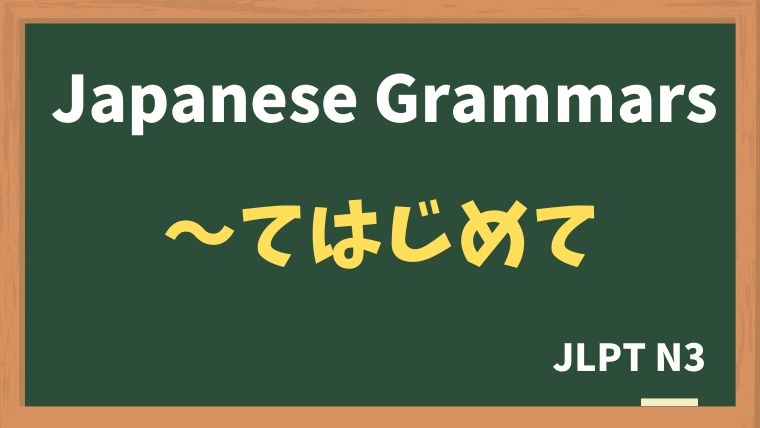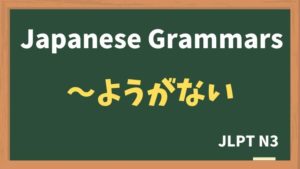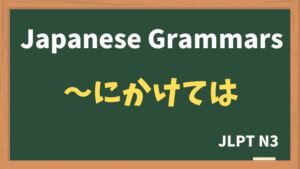
Explanation:〜てはじめて
fa-check-circleMeaning
"〜してから、やっと・・・する:It was not until that"
Used to convey the idea that something only happens or becomes possible after a certain event or experience occurs. It emphasizes that a particular realization, understanding, or change came about as a result of that initial event or action.
fa-check-circleForm
V(ます形)ます + ようがない / ようもない
fa-check-circlePoints
- First-Time Realization or Experience: This expression is often used to describe a moment of realization or the beginning of a new understanding that only becomes clear after a specific action or experience.
- Cause-and-Effect: It highlights the cause-and-effect relationship between the action and the resulting awareness or change.
- Used with Verbs: It is generally used with verbs in the te-form to indicate that the action or event led to the new understanding or situation.
fa-check-circleJLPT Level
N3
Sample sentenes
入院してはじめて、健康のありがたさがわかりました。
It wasn't until I was hospitalized that I truly understood the value of good health.
日本に来てはじめて、お寿司を食べました。
I tasted sushi for the first time when I came to Japan.
就職してはじめて、責任感を持つようになった。
After starting my job, I began to develop a sense of responsibility.
大人になってはじめて、勉強のたのしさがわかった。
It wasn't until I became an adult that I realized the joy of studying.
日本語を勉強してみてはじめて、日本語を難しさを知った。
It wasn't until I started studying Japanese that I came to know the difficulty of the language.
失ってはじめて、彼女の大切さに気づいた。
It was only after losing her that I realized how important she was.
親になってはじめて、親の苦労がわかった。
It was only after becoming a parent that I understood my parents' struggles.
事故にあってはじめて、命の大切さを感じた。
It was only after the accident that I realized the value of life.
日本に来てはじめて、寿司の本当のおいしさを知った。
It was only after coming to Japan that I discovered the true deliciousness of sushi.
Vocabulary
| Japanese |
English | |
| 責任感 | せきにんかん | a sense of responsibility |
| 大人 | おとな | adult |
| 事故 | じこ | accident |
| 命 | いのち | life |






